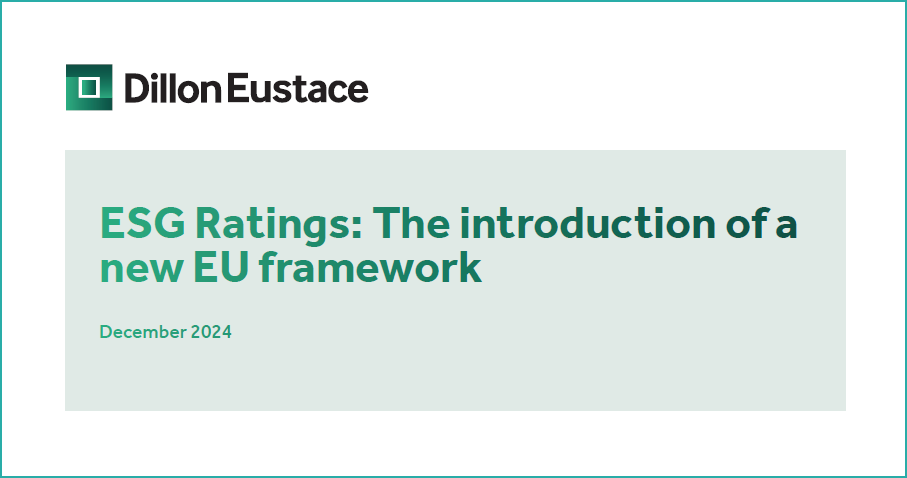Hedge Funds Seek Exemptions as EU Revisits ESG Rules
Hedge funds and asset managers are pushing for ESG reporting exemptions as the EU revisits its regulations. The debate highlights the need for flexible rules that ease compliance while ensuring transparency. Striking a balance between effective regulation and business efficiency will be key to maintaining both sustainability and global competitiveness.

European ESG standards are encountering increasing resistance from businesses, with hedge funds seizing the moment to demand exemptions from certain reporting requirements. A key debate revolves around the EU’s Corporate Sustainability Reporting Directive (CSRD) and its application to alternative investment managers.
CSRD Debate: Hedge Funds’ Position
The CSRD is designed to apply across industries, but its scope is under review, partly due to pressure from countries like Germany and France. EU Commissioner for Financial Services, Maria Luís Albuquerque, has acknowledged the criticism and suggested potential adjustments.
The Alternative Investment Management Association (AIMA), whose members include Bridgewater Associates and Millennium Management, is advocating for hedge funds to be exempt from disclosing ESG data on client assets. Adam Jacobs-Dean, AIMA’s Global Head of Markets, argues that such requirements impose an excessive burden on firms that do not have a direct environmental or social impact. He suggests that an approach similar to the one used for the Sustainable Finance Disclosure Regulation (SFDR) would be a more pragmatic solution.
Broader Context: Business Concerns and Implications for the EU
Hedge funds’ opposition is part of a wider backlash against ESG rules, which some companies and policymakers argue could weaken Europe’s economic competitiveness — especially amid deregulation in the US under President Donald Trump.
The EU has previously made concessions by exempting banks, asset managers, and insurance companies from the full scope of the Corporate Sustainability Due Diligence Directive (CSDDD), which governs ESG-related supply chain liability. Similar adjustments could now be made to CSRD.
Asset Managers’ Concerns and Regulatory Uncertainty
Beyond hedge funds, asset managers have also raised concerns about CSRD — particularly regarding the inclusion of client assets in reporting requirements. While awaiting regulatory clarification, industry representatives, including the European Fund and Asset Management Association (EFAMA), are urging the European Commission to confirm that client asset disclosures will not be mandatory without additional regulation.
Some firms are already preparing for potential compliance. For instance, Fidelity International has stated its readiness to adhere to any CSRD interpretation but warned that including client assets could lead to inconsistencies with SFDR reporting.
Outlook and Next Steps for the EU
The European Commission is expected to propose adjustments to CSRD and other ESG regulations by the end of the month. While officials acknowledge the need for changes, a full overhaul of the directive is not under consideration.
Experts advise asset managers to assume that investments fall under CSRD unless legislation explicitly states otherwise. However, hedge funds continue to argue that the real issue is not how to interpret the directive but whether they should be subject to it at all.
Under CSRD, companies must disclose ESG data starting with their 2024 annual reports. The upcoming legislative proposal from the European Commission is expected to further clarify CSRD, the EU Taxonomy Regulation, and CSDDD, refining their scope and application.
Conclusions
The evolving conversation on the CSRD underscores the need for a regulatory framework that is both efficient and adaptable to business needs. Hedge funds and asset managers have raised valid concerns about the disproportionate burden of complying with detailed ESG reporting, which may not align with their direct impact on environmental or social issues. Adjustments to the scope of these regulations could significantly reduce this burden.
Businesses are increasingly focused on the practical implications of these rules, as non-compliance risks, including reputational damage and potential legal repercussions, grow. A more flexible approach, allowing companies to tailor their ESG disclosures based on their operational impact, would be beneficial in maintaining both compliance and business continuity.



